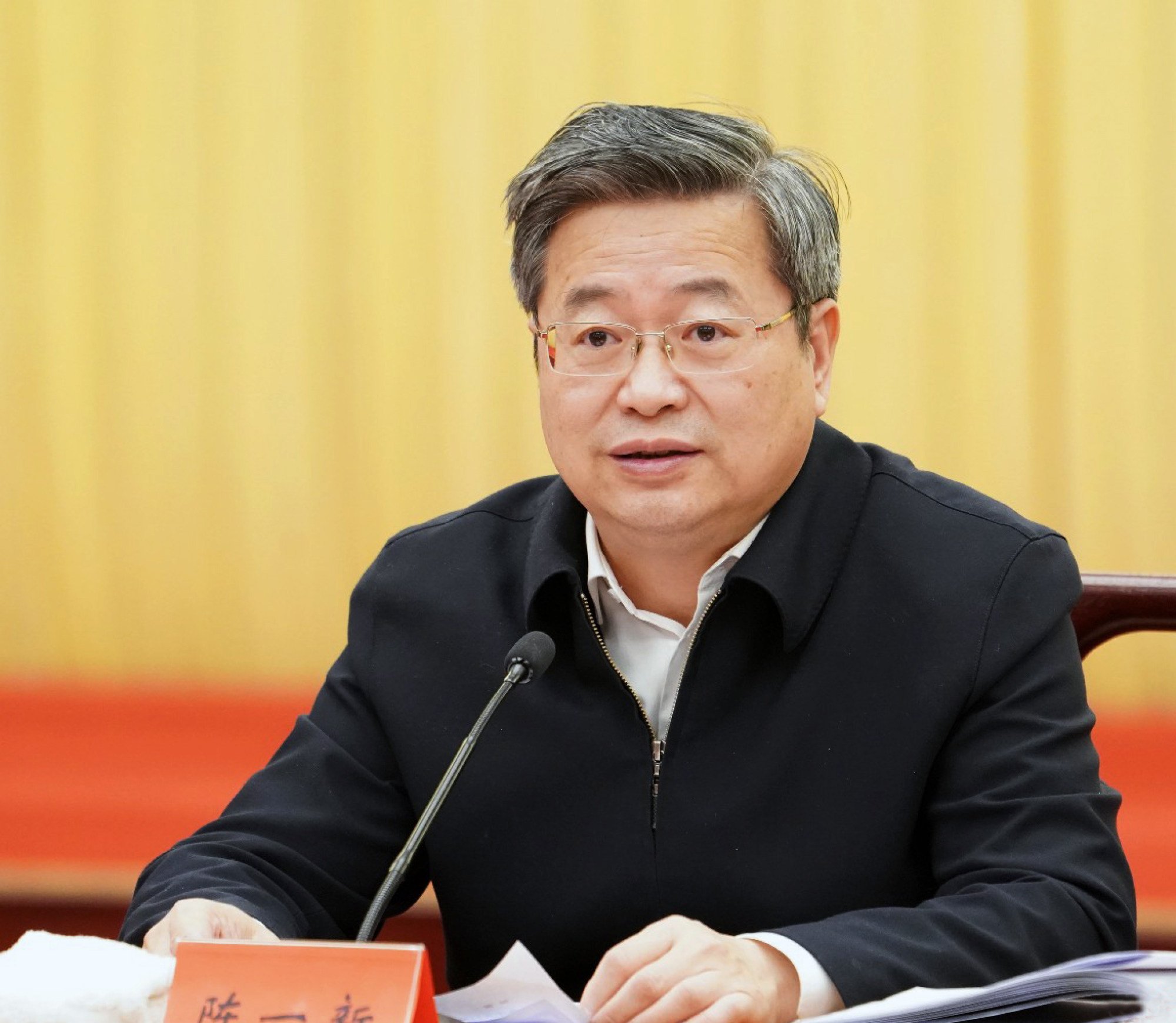Jens Eskelund, president of the EU Chamber of Commerce in China, urged Beijing to provide greater clarity and help businesses understand “where China’s red lines are”, hinting that the deteriorating environment may drive away European companies.
“China’s increasing emphasis on national security considerations, coupled with a lack of clarity in related legislation, pose compliance challenges for companies,” he said. “As conducting business intelligence operations becomes a high-risk activity in China, the attractiveness of other markets that provide more legal certainty is enhanced.”
The amendment, which is almost certain to be passed by the NPC, will be the first major update to the law that was enacted in 1988 and revised in 2010. The law covers the definition, supervision and management of state secrets.
It comes as national security has become a top priority for Beijing this year, with the leadership stressing the importance of anti-espionage efforts and the need to plug what it sees as security loopholes.

The latest revision to the state secrets law contains new provisions that provide fresh legal grounds for what Beijing sees as successful and effective practice in upholding information security over the past decade, state broadcaster CCTV reported on Friday.
Yang Heqing, a spokesman for the NPC Standing Committee’s Legislative Affairs Commission, told reporters on Thursday that the revision was necessary to “cope with the new situation and new tasks facing security work”.
He said the revision aimed to “ensure the security of state secrets and facilitate the rational use of information” and to provide legal protection to “promote the construction of a strong nation and the rejuvenation of the nation”.
The proposed revision has fuelled concerns and suspicion among the business community.
James Zimmerman, a partner in international law firm Perkins Coie and former chairman of the American Chamber of Commerce in China, said there was concern about the “vague” regulation of state secrets.
“At the present time, the regulation of state secrets that are presumably protected under the law is vague, ambiguous and applied in an overbroad and hindsight manner that places foreign business and their personnel in jeopardy of non-compliance,” he said.
“Greater clarity on what documents or information constitute a state secret and the processes surrounding the designation thereof would be a welcome development.”
Diplomatic impunity: envoy uses rough language to describe US-China relations
Diplomatic impunity: envoy uses rough language to describe US-China relations
A Taiwanese businessman who only gave his surname, Chang, because of the sensitivity of the matter, said the latest move to tighten the security network would have an impact on his digital communications firm in Beijing.
Chang said his business had already taken a hit because of the economic downturn and he was “worried and fearful” about what was to come.
“We are in the realm of digital media – is that related to national security? Everything now falls under national security, especially anything data-related like the business I do,” said Chang, who has run the firm for more than two decades.
He said the move could see resources being monopolised by some platforms, making it harder for private sector businesses like his to make money or expand.
A Beijing-based economist, who also requested anonymity, said sentiment among foreign businesses in China was “already pretty low”.
“Beijing knows the concerns but it will carry on with what it thinks is right or necessary,” the economist said.
“Foreign firms are very legalistic but the reality in China is that some work related to national security, anti-espionage or safeguarding state secrets is done with or without a law. These are the operating realities they face if they decide to remain in China.”
Additional reporting by Frank Chen and Sylvie Zhuang


